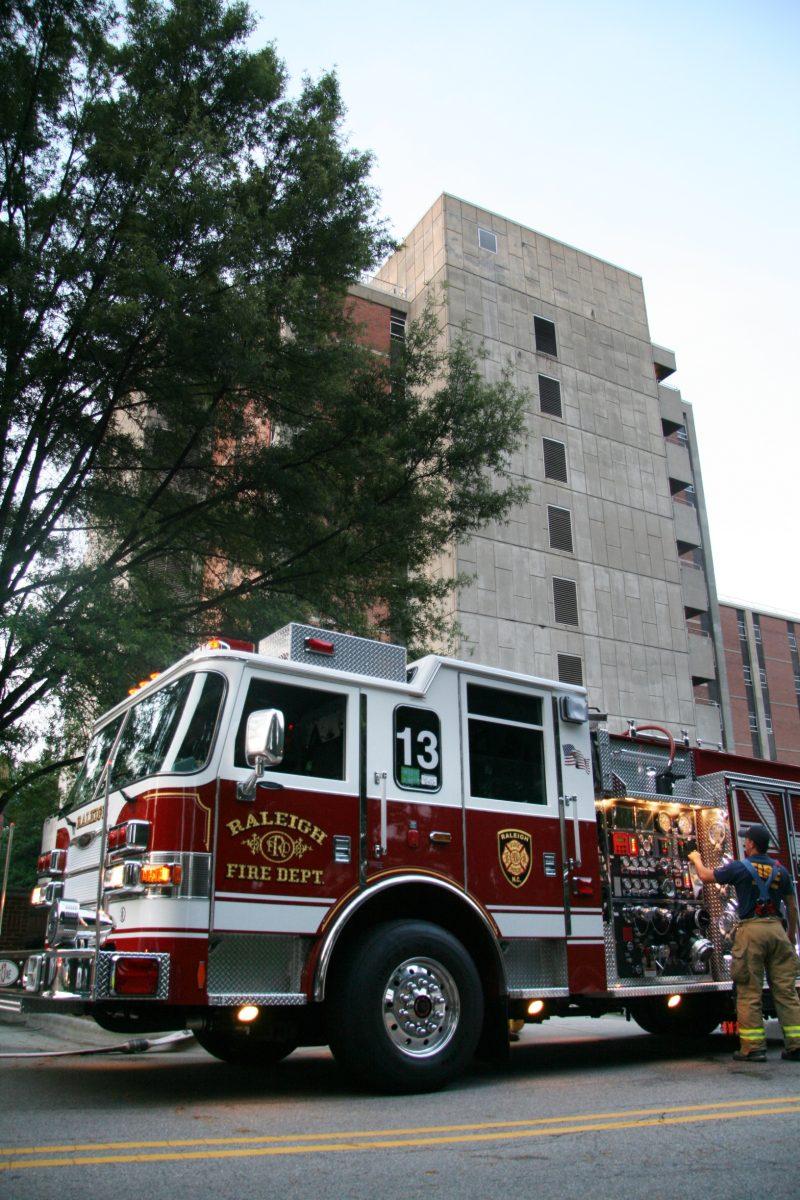On Feb. 7, Governor Roy Cooper declared February 2022 North Carolina’s first statewide Prescribed Fire Awareness Month. This resolution advocates for fire coordination and outreach endeavors across the state.
In his proclamation, Governor Cooper emphasized the importance of forestland cultivation for North Carolina’s economy and its natural ecosystems. NC State Extension Forestry promotes information accessibility for natural resources management and enhancement, particularly pertaining to forests.
The extension office conducts workshops, conferences and field demonstrations throughout North Carolina with a focus on hands-on community engagement. On Feb. 16, Extension Forestry shared a celebratory Facebook post to mark Prescribed Fire Awareness Month.
Laurel Kays, a former extension assistant, specializes in the role of prescribed fire in forest management. She explained common discrepancies between the public’s knowledge of prescribed burns and wildland or wildfires.
“Wildland fire is just fire caused by natural fuels that can, unfortunately, get out of control and burn houses or other structures,” Kays said. “Prescribed fires are a management tool, for forests and grasslands, that help to prevent wildland fires by diminishing potential fuel stocks in a controlled setting.”
Kays said geographic differences in fire coverage by media outlets can cause confusion over the exact timeframe for a typical North Carolina fire season.
“Fall and spring are our wildfire seasons in North Carolina,” Kays said. “Summer is when we see a lot of press because that is the western wildfire season.”
Kays said the implications of climate change for fire conditions within North Carolina impact the viability of prescribed fires and the danger of wildland fires.
“I think that it’s really important that we talk about climate change and fire,” Kays said. “We know, conclusively, from the science, that climate change impacts are making wildfires more likely and likely to burn more severely. This is due, in part, to climate change altering our weather patterns and inhibiting our ability to use prescribed fire.”
At NC State, the Fire Marshal and his three deputies advocate for fire safety precautions. Justin Hilliard, a deputy fire marshal and emergency management coordinator, performs tenant building inspections as well as a number of other responsibilities.
“The most important role [of a fire marshal] is to keep the campus safe,” Hilliard said. “Another major responsibility is our 911 response system. Not only, when you call 911, do you get the regular firetruck and EMS truck, but you also get [fire marshals] and we’re usually a lot quicker because we’re already here on campus.”
In addition to providing this system, the fire marshals lead risk assessment and management protocols for NC State. This includes offering medical and fire watch coverage at sporting events and conducting building inspections and fire drills on campus.
“I’ve seen it all,” Hilliard said. “We respond to, if I estimate, at least four to five unintentional fire alarm activations per nine-hour day during a normal semester. It could be any number of things that set it off – steam from a shower, using hairspray, or unattended cooking.”
Hilliard said the benefits of regular inspections and drills are that people learn the campus evacuation procedures and the fire marshals can identify potential hazards.
“The most common fire hazards that the public might not be aware of are probably blocked egress paths,” Hilliard said. “That’s one thing that a lot of folks don’t think about during building inspections. People like to store things in the hallway and they usually don’t consider the dangers of piling combustible materials, like cardboard boxes, in their egress path.”
During an inspection, the fire marshal makes sure the egress paths are free of combustible or flammable materials. They also confirm evacuation routes do not contain locked doors and check exit signs and egress lights.
“This is more of a learning opportunity than a chance to get you in trouble,” Hilliard said. “In the event of an actual emergency, then I recommend knowing your evacuation rally point. You can discuss that with your RA if you live in a residence hall or your building liaison if you live in an off-campus building.”
Currently, the observance of Prescribed Fire Awareness Month does not repeat after February 2022. NC State offers guidelines for environmental health and safety as well as fire and life safety.













